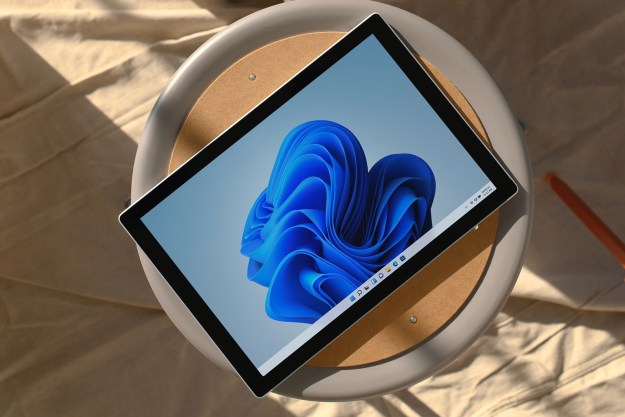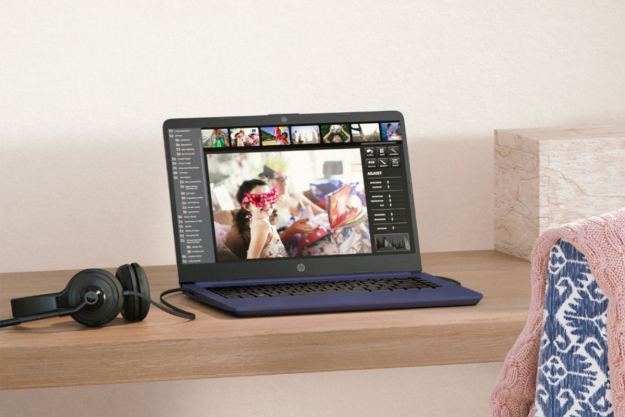
To provide some context, Ars Technica acquired 4.6 million license plate scans taken by the police in Oakland, California earlier this year. Consequently, this caused an uproar over protection of personal data officers were taking into account without suspicion of unlawful behavior.
Now it seems like the police are changing their minds — but not for the reasons you’d hope. The OPD (Oakland Police Department) now finds itself in a tough spot after its license plate reader, or LPR, began crashing constantly following the filling of its — wait for it — 80GB hard drive on a Windows XP computer.
That’s right, the police department in Oakland, California, an area that houses some of the most technologically innovative minds in the world, stores all of its license plate data on a computer employing both Windows XP and a laughably finite 80GB internal hard drive.
Sgt. Dave Burke explained the technologically deprived environment by claiming the OPD had “no money in the budget to buy an additional server.”
“Trying to do this outside of a budget cycle [is difficult],” he suggests. “The budget cycle doesn’t start until July, which means it won’t happen until August, so you have to wait. Meanwhile our system is crashing—we went a few weeks when our system wasn’t capturing anything.”
Instinctively, most of us would suggest upgrading to a 1TB or more capacious hard drive for a sum of only roughly $50, but most of us would be wrong, Burke declares.
We don’t just buy stuff from Amazon as you suggested,” he says. “You have to go to a source, i.e., HP or any reputable source where the city has a contract. And there’s a purchase order that has to be submitted, and there has to be money in the budget. Whatever we put on the system, has to be certified. You don’t just put anything. I think in the beginning of the program, a desktop was appropriate, but now you start increasing the volume of the camera and vehicles, you have to change, otherwise you’re going to drown in the amount of data that’s being stored.”
The OPD has been collecting LPR data since 2006. In just 16 months, the original four LPR units had captured the license plates of 793,273 drivers, nearly all of which were not suspicious of a crime. Former Deputy Chief Dave Kozicki called the move an “overwhelming success” despite only achieving only catching 2,012 actual criminals, a 0.2 percent hit rate.
“Looking back at a year doesn’t help you solve a case,” Burke concluded. “There is no plan to store the data beyond six months. The investigators are not looking for data beyond six months. It does us no good to have these datasets if we do not mine them for intelligence.”


